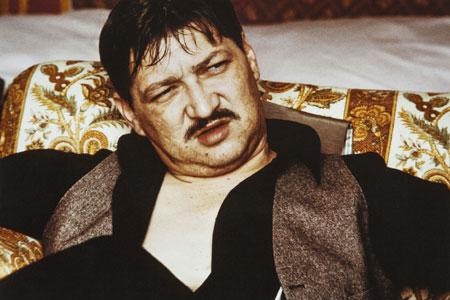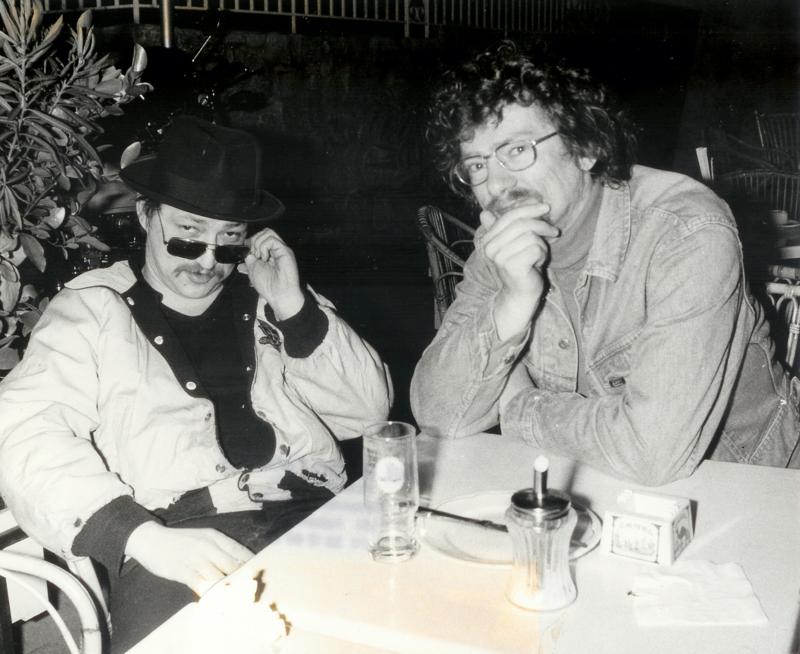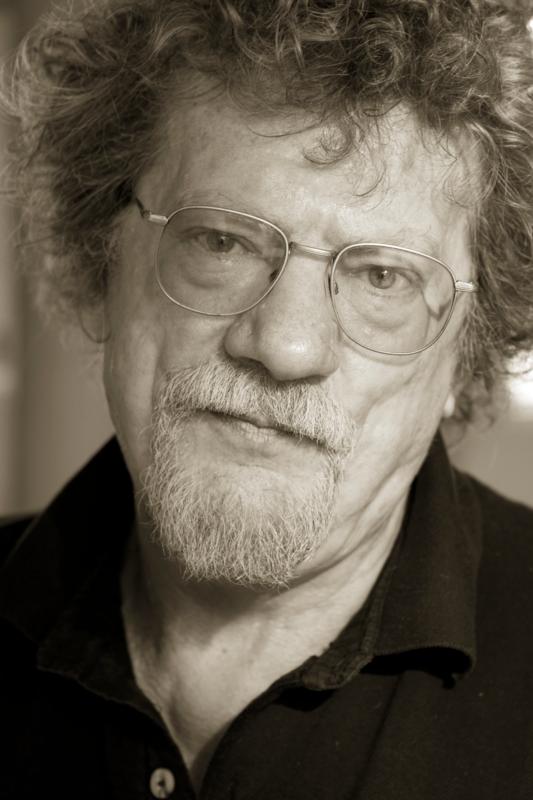Christian Braad Thomsen was a close friend of Rainer Werner Fassbinder (1945-82) throughout his career. The two met when Fassbinder screened his first film Love Is Colder Than Death at the Berlinale in 1969, and they were together for the last time only three weeks before Fassbinder died. In less than fifteen years Fassbinder completed 40 feature-length films and two television series, not to mention heaps of stage plays and acting roles.
"It took me 32 years to realize how I could use the footage."
Fassbinder – To Love without Demands is built around the footage that Braad Thomsen made with Fassbinder in the 1970s – lengthy interviews that have never previously been shown.
"It took me 32 years to realize how I could use the footage," says Braad Thomsen. "In front of my camera Fassbinder is more open and vulnerable than ever. His production madness seems to be a puzzle even to himself, but he believes it has to do with his postwar childhood. Under conditions which would have turned most people into social outcasts, Fassbinder developed the confidence and integrity that later would enable him to make up to five films a year."
Fassbinder – To Love without Demands also contains new recollections by actress Irm Hermann. She and Fassbinder became friends while he was still unknown to the public yet dreamt of making Hollywood films in Munich. Actor and producer Harry Bär equally appears in new recordings. He was the last person to talk to Fassbinder only a few hours before he died. Finally the film brings a new interview with Andrea Schober, the child star of Fassbinder's early films. All sequences are bound together by Braad Thomsen's personal memories from his friendship with Fassbinder.
In the film, Fassbinder talks with candour about his love for the Hollywood of his childhood, the 1970's revolt, psychoanalysis, the emancipation of women, terrorism in West Germany, love, marriage, children – and about choosing madness as perhaps the only suitable alternative to the insanity of the ruling system.
"The title of his first film, Love Is Colder Than Death, could easily be a headline for his production as a whole, and yet he created a love stronger than death in those who came close to him," says Braad Thomsen.
Quotations and image selection by Christian Braad Thomsen
In the following the Danish director shares his thoughts and recollections from past times with Fassbinder, accompanied by images from his film.

Fassbinder was just 24 when his first film, Love Is Colder Than Death, was mercilessly booed at the Berlin Film Festival. I, for my part, experienced the film as if it were the first film in the world. In a time when the language of cinema had degenerated into commercial clichés, it had now been invented anew. The static camera lingered so long on the actors that we got to linger in the frame, too, and when a cut was finally made, it felt like a cut. The actors didn't say much, but when they did, you listened. Having filmed silence, Fassbinder now filmed the German language. That was a particular revelation for a Dane like me who was born in 1940 when German troops occupied Denmark. I grew up with a fundamental hatred of all things German, including the language itself, which I had always perceived as a soldier's language, a language of command. Thanks to The Bitter Tears of Petra von Kant and Effi Briest, I now realised how beautiful and poetic the German language can be.


There is footage of Fassbinder just eight hours before he died, in which he articulates his motto: you have to have yourself twice to become a whole person. Indeed, you can't say one thing about him without having to say the opposite as well. At the last bar of the night he often looked like a bully you would give a wide berth on the sidewalk. Then, the next morning, when you watched him work on the set with actors, camera and lights, the frog turned into the handsomest prince. Having yourself twice may refer to Freud's theory that a person is torn between the superego, the seat of morality, and the id, where repressed desires are stowed away. But the words may also refer to Fassbinder's favourite prop, the mirror, in which his characters constantly have themselves over again. Take Emmi inFear Eats the Soul, who after her first night with her Arab lover looks in the mirror and remarks that she's just an old cleaning lady who is assumed to have put such desires behind her.

Once during my friendship with Fassbinder I feared it was over. I told him that I was expecting a child with my girlfriend, and he got furious and said that then I had really understood nothing of his films, which are about how we have organised ourselves so horribly with each other that bringing children into the world is utterly indefensible. And then he disappeared into the night. I was distraught, but his actress Irm Hermann later told me that he was just jealous and that he had often begged her to give him a child. But that's where she drew the line. Fassbinder was, in a sense, himself the child he never had and no matter how insufferable he could be, perhaps these childlike qualities were precisely why we all regarded him with such love. When he made a film, he was like a child creating his own private fantasy world – or his own nightmares. His films in a certain sense are filmed from the point of view of the wondering child. Just look how grownups live! Look how they abuse each other and themselves.



